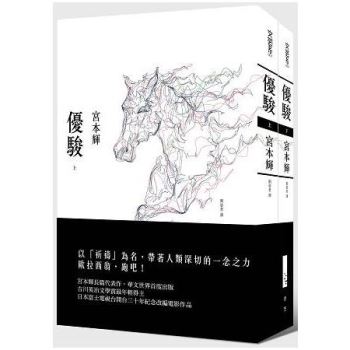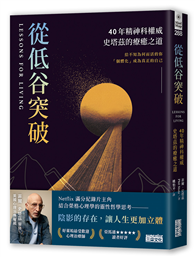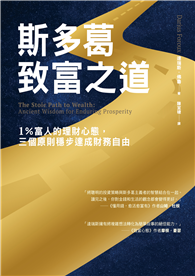The Adaptive Markets Hypothesis (AMH) presents a formal and systematic exposition of a new narrative about financial markets that reconciles rational investor behaviour with periods of temporary financial insanity. In this narrative, intelligent but fallible investors learn from and adapt to randomly shifting environments. Financial markets may not always be efficient, but they are highly competitive, innovative, and adaptive, varying in their degree of efficiency as investor populations and the financial landscape change over time.
Andrew Lo and Ruixun Zhang develop the mathematical foundations of the AMH--a simple yet surprisingly powerful set of evolutionary models of behaviour--and then apply these foundations to show how the most fundamental economic behaviours that we take for granted can arise solely through natural selection. Drawing on recent advances in cognitive neuroscience and artificial intelligence, the book also explores how our brain affects economic and financial decision making. The AMH can be applied in many contexts, ranging from designing trading strategies, to managing risk and understanding financial crises, to formulating macroprudential policies to promote financial stability. This volume is a must read for anyone who has ever been puzzled and concerned by the behaviour of financial markets and the implications for their personal wealth, and seeks to learn how best to respond to such behaviour.| FindBook |
有 1 項符合
The Adaptive Markets Hypothesis的圖書 |
 |
The Adaptive Markets Hypothesis 作者:Lo 出版社:Oxford University Press, USA 出版日期:2024-05-22 語言:英文 規格:精裝 / 普通級/ 初版 |
| 圖書館借閱 |
| 國家圖書館 | 全國圖書書目資訊網 | 國立公共資訊圖書館 | 電子書服務平台 | MetaCat 跨館整合查詢 |
| 臺北市立圖書館 | 新北市立圖書館 | 基隆市公共圖書館 | 桃園市立圖書館 | 新竹縣公共圖書館 |
| 苗栗縣立圖書館 | 臺中市立圖書館 | 彰化縣公共圖書館 | 南投縣文化局 | 雲林縣公共圖書館 |
| 嘉義縣圖書館 | 臺南市立圖書館 | 高雄市立圖書館 | 屏東縣公共圖書館 | 宜蘭縣公共圖書館 |
| 花蓮縣文化局 | 臺東縣文化處 |
|
|
圖書介紹 - 資料來源:博客來 評分:
圖書名稱:The Adaptive Markets Hypothesis
內容簡介
作者簡介
Andrew W. Lo, Charles E. and Susan T. Harris Professor, MIT Sloan School of Management, Ruixun Zhang, Assistant Professor and Boya Young Fellow, Peking University
Andrew W. Lo is the Charles E. and Susan T. Harris Professor at the MIT Sloan School of Management, director of the MIT Laboratory for Financial Engineering, a principal investigator at the MIT Computer Science and Artificial Intelligence Laboratory, and an affiliated faculty member of the MIT Department of Electrical Engineering and Computer Science. He is also an external faculty member of the Santa Fe Institute and a research associate of the National Bureau of Economic Research. Lo received a B.A. in economics from Yale University in 1980 and an A.M. and Ph.D. in economics from Harvard University in 1984. Ruixun Zhang is an assistant professor and Boya Young Fellow in the School of Mathematical Sciences at Peking University (PKU). He is also affiliated with the PKU Laboratory for Mathematical Economics and Quantitative Finance, the PKU Center for Statistical Science, and the PKU National Engineering Laboratory for Big Data Analysis and Applications. Prior to joining PKU, he worked at several places including Google and Goldman Sachs. Zhang received Ph.D. in applied mathematics from MIT in 2015, and B.S. in mathematics and applied mathematics and B.A. in economics from Peking University in 2011. His research interests include evolutionary models of financial behavior, sustainable investing, FinTech, and applications of machine learning.
|










